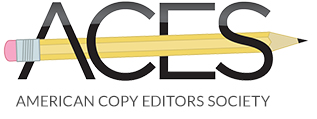Writers, it seems to me, have forgotten how to make the comparative forms of adjectives. Here is a sentence from a piece I edited this week that illustrates the point:
Ehrlichiosis is a more mild infection accompanied by flulike symptoms.
I changed the adjective to “milder.” I have also seen “more happy” instead “happier.” A listener who is also a reader noticed “more smart” and “more easy” on radio shows. I don’t get it. Why choose the more option instead of the -er ending for these adjectives? We seem to have forgotten a rule that we probably learned in elementary school.
Here is the rule, paraphrased from “The Gregg Reference Manual” by William A. Sabin:
Form the comparative form of almost every one-syllable adjective by adding -er. Some two-syllable adjectives need -er and some need more. Adjectives of three syllables or more need more.
The one-syllable exceptions generally change form: good, better, best; bad, worse, worst.
“The Writer’s Digest Grammar Desk Reference” by Gary Lutz and Diane Stevenson lists the two-syllable exceptions as those that end with -ful, -less, -ish, -able, -al and -some.
Here is a link to a university site with an easy chart that explains the rules of comparative and superlative forms.
This article was originally posted by the Raleigh News & Observer, a subsidiary of The McClatchy Co.; is posted here to provide continuity; and is copyright © 2011 The News & Observer Publishing Company, which reserves the right to remove this post.
